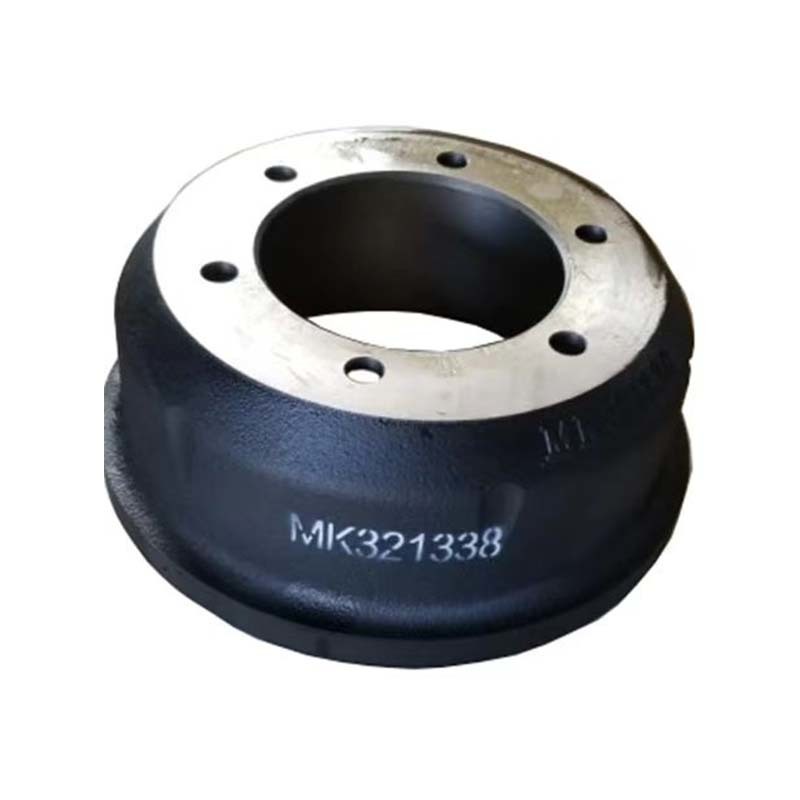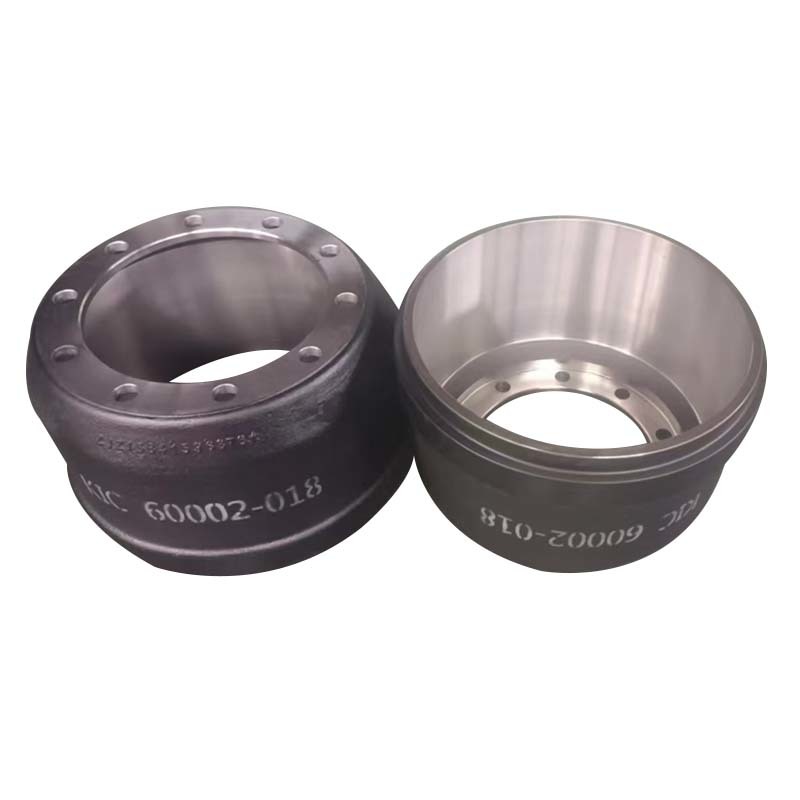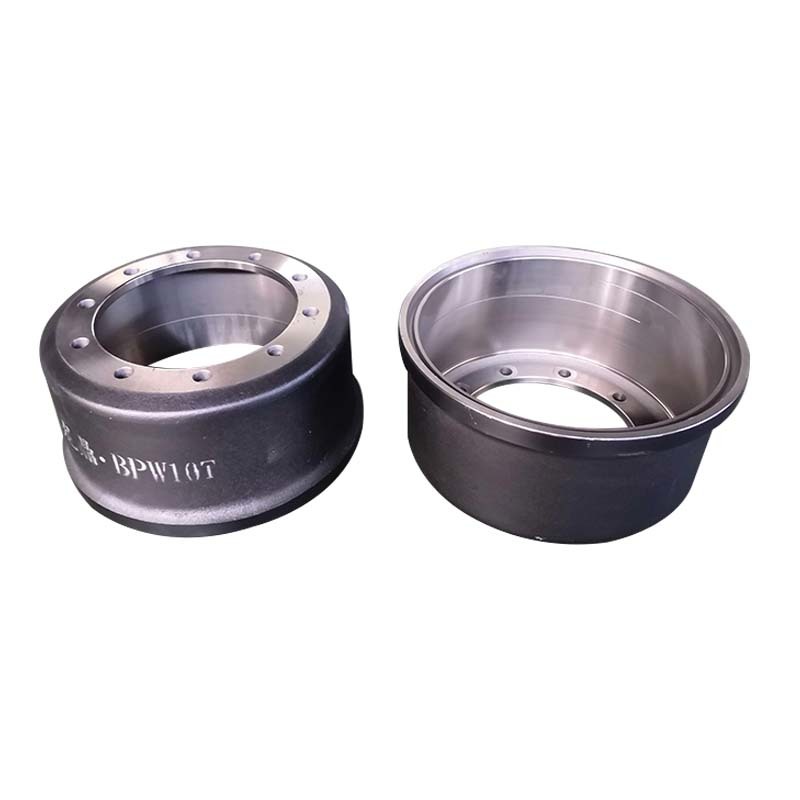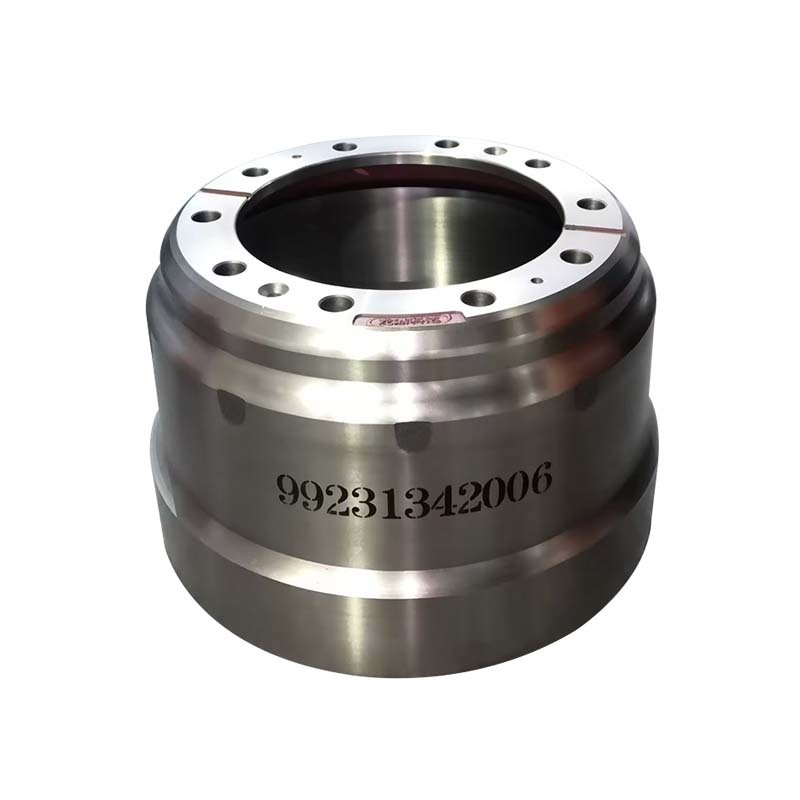Contact Us
E-mail:
Phone/WhatsApp:
Address:
Gucheng Town North Xinzhuang Village West, Longyao County, Xingtai City, Hebei Province
Fuhua 11.5T disc brake
- Commodity name: Fuhua 11.5T disc brake
Product Description
- Product Description
-
The brake disc, simply put, is a circular disc that rotates when the car is in motion. The brake caliper clamps the brake disc to generate braking force. When braking is applied, it clamps the brake disc to slow down or stop the vehicle. Heavy trucks are not suitable for using brake discs because the braking effect is not as good as that of drum brakes.
Disc brakes are a common type of braking device found on bicycles or motorcycles, utilizing the friction between the brake disc and the braking device to slow down or stop the vehicle. Disc brakes are mainly divided into mechanical disc brakes and hydraulic disc brakes. They have some differences in materials and manufacturing methods, each with its own advantages and disadvantages.
1. Mechanical Disc Brakes
The braking principle of mechanical disc brakes is to achieve braking through the friction between the manually or mechanically pulled brake lever and the brake disc. The brake disc of mechanical disc brakes is usually made of stainless steel or aluminum alloy, which has good wear resistance and corrosion resistance. The advantages of mechanical disc brakes are mainly reflected in the following aspects:
1. Relatively low price: The manufacturing cost of mechanical disc brakes is low, making them suitable for general consumers.
2. Simple maintenance: Mechanical disc brakes do not require a hydraulic system, making maintenance and part replacement relatively simple.
3. Adjustable braking strength: By adjusting the position of the brake lever, the braking strength can be adjusted to better suit individual riding habits.However, mechanical disc brakes also have some disadvantages:
1. Slightly inferior braking effect: Compared to hydraulic disc brakes, the braking effect of mechanical disc brakes is slightly inferior, with limited braking force.
2. Sometimes requires frequent adjustments: Due to the relatively simple structure of mechanical disc brakes, they sometimes require frequent adjustments to maintain optimal braking performance.2. Hydraulic Disc Brakes
The braking principle of hydraulic disc brakes is to transmit pressure through a hydraulic system, allowing the braking instrument to apply pressure to the brake disc, thus achieving braking functionality. The brake disc of hydraulic disc brakes is also usually made of stainless steel or aluminum alloy, offering higher wear resistance and corrosion resistance. The advantages of hydraulic disc brakes are mainly reflected in the following aspects:
1. Better braking effect: Hydraulic disc brakes provide a better braking effect, with greater braking force and faster stopping.
2. Lighter operation: Due to the transmission method of the hydraulic system, strong braking can be achieved in one step, making operation more convenient.
3. Durable and stable braking: Hydraulic disc brakes maintain relatively stable braking performance over long-term use, making issues like braking reduction less likely.However, hydraulic disc brakes also have some disadvantages:
1. Higher price: The manufacturing cost of hydraulic disc brakes is higher, requiring more parts and more complex manufacturing processes.
2. More complex maintenance: Hydraulic disc brakes require regular replacement of brake fluid and inspection of the hydraulic system, making maintenance more complex.In summary, mechanical disc brakes and hydraulic disc brakes each have their own advantages and disadvantages. Consumers can choose the appropriate braking device based on their needs and budget. When purchasing, it is recommended to consider factors such as braking effect, price, and ease of maintenance to select the type of disc brake that best suits them.
Key words:
Get A Quote
Note: Please leave your email address, our professionals will contact you as soon as possible!











